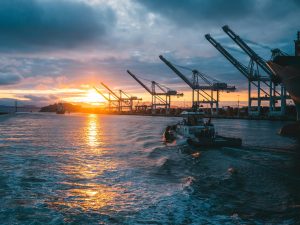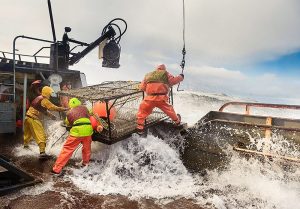Tugboat Injury: Can the Jones Act Help Your Claim?
 Tugboats are essential for guiding large vessels into ports, assisting with construction projects, and supporting many marine operations. The crews who navigate these powerful vessels face unique hazards daily, from treacherous weather and heavy machinery to long hours and unpredictable conditions. When accidents happen, and a tugboat worker is injured, it is imperative that the worker understand their legal rights and the specific protections available.
Tugboats are essential for guiding large vessels into ports, assisting with construction projects, and supporting many marine operations. The crews who navigate these powerful vessels face unique hazards daily, from treacherous weather and heavy machinery to long hours and unpredictable conditions. When accidents happen, and a tugboat worker is injured, it is imperative that the worker understand their legal rights and the specific protections available.
Unlike shore workers who are covered by state workers’ compensation laws, injured tugboat workers fall under a distinct and more favorable set of federal maritime laws. The most significant of these is the Jones Act. This landmark legislation, officially known as the Merchant Marine Act of 1920, offers a powerful legal avenue for injured seamen to seek compensation from their employers.
The Jones Act is Essential Protection
 Maritime Injury Law Blog
Maritime Injury Law Blog








